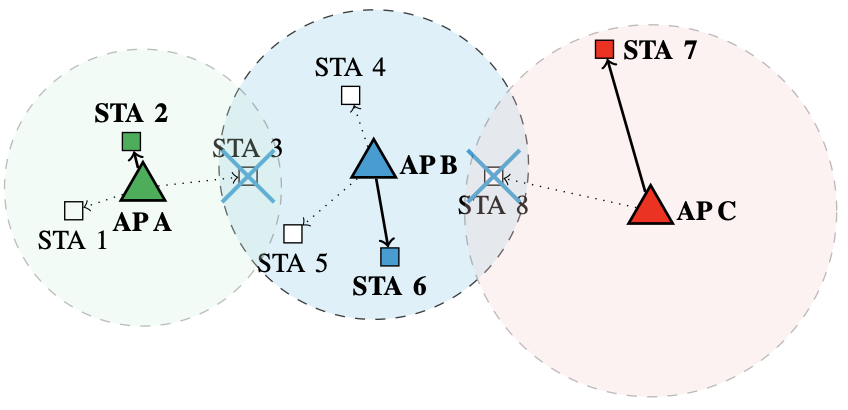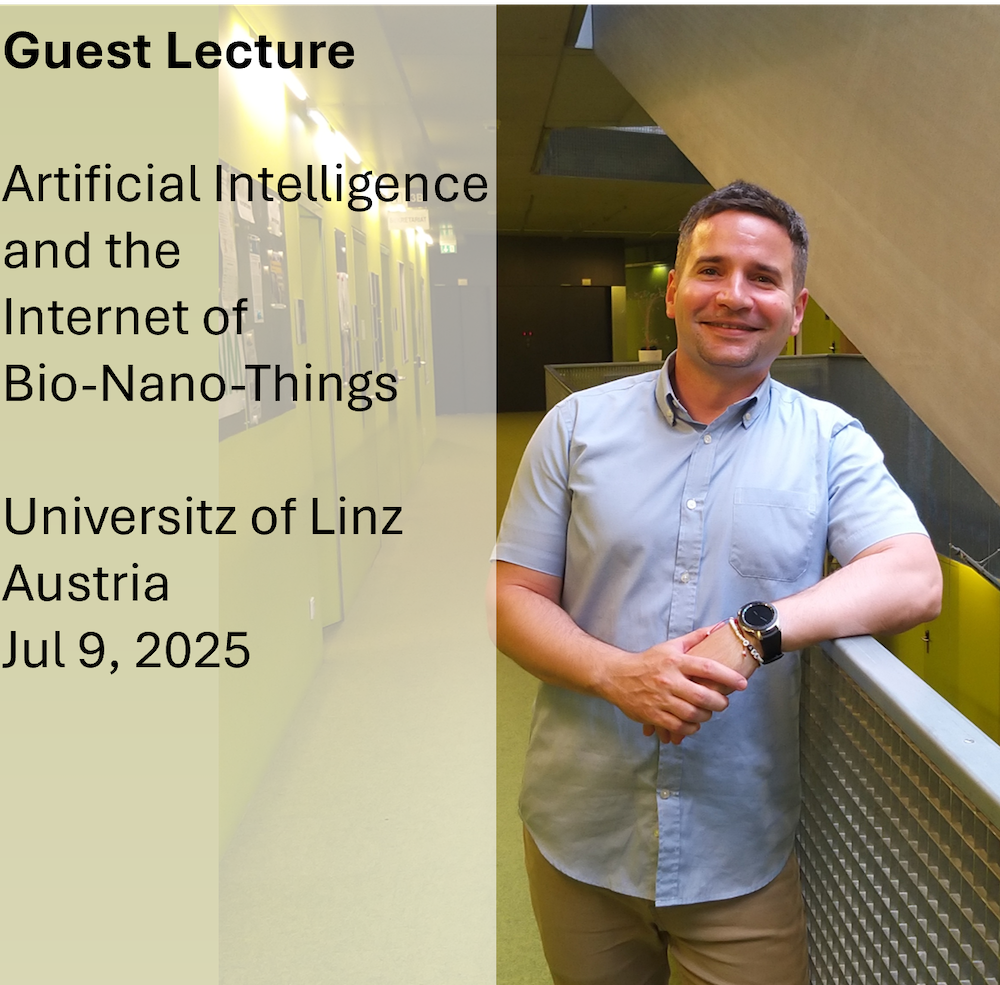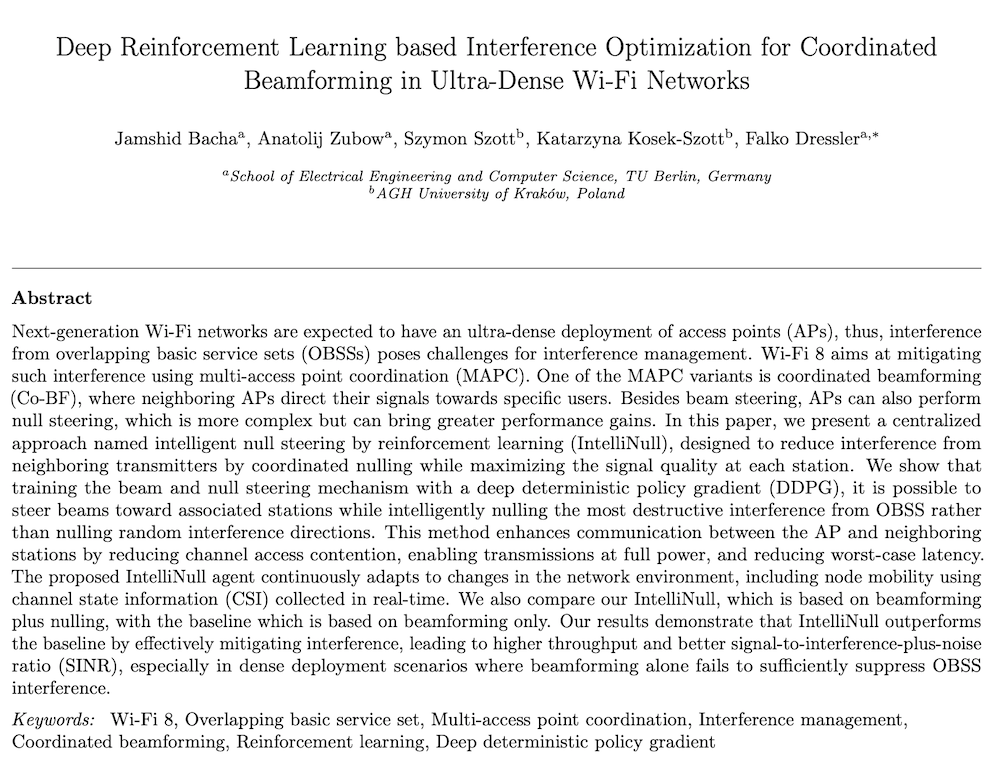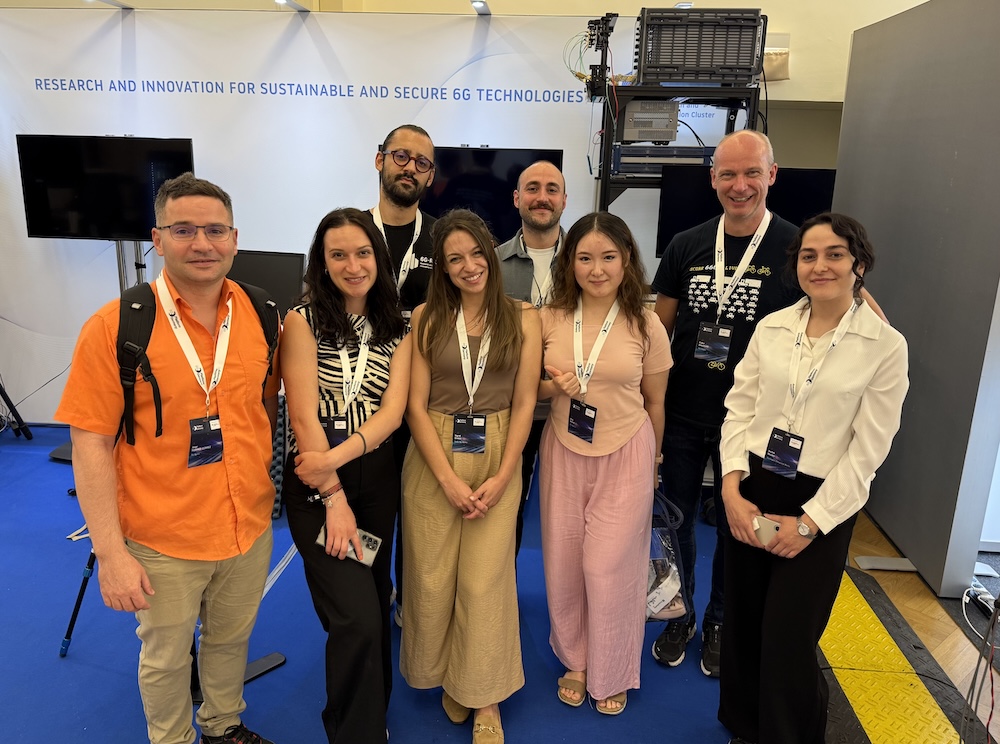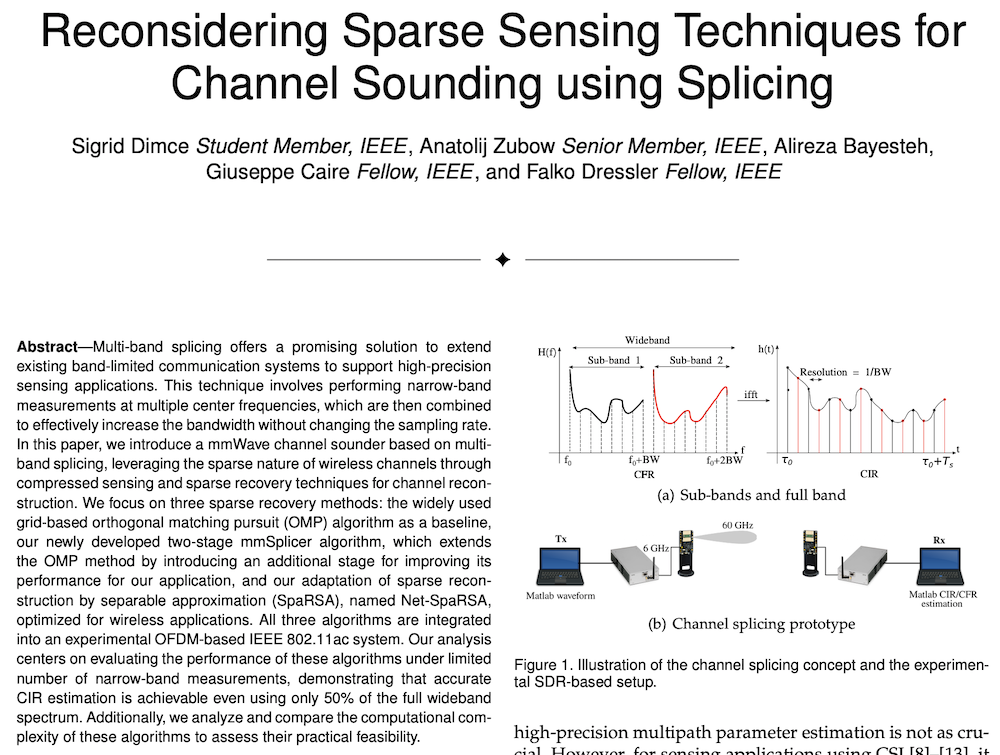Literature Database Entry
vijay2024resilient
Rathinamala Vijay, Jens Freymuth, Alexander Burnicki, Enrico Stoll and Falko Dressler, "Resilient New Space Communication using Cognitive Radio for LEO Satellites," Proceedings of European Wireless (EW 2024), Brno, Czechia, September 2024, pp. 199–204.
Abstract
Non-terrestrial networking is one of the core technologies for next generation communication networks due to the achievable coverage and resilience. The number of LEO satellites in orbit have increased due to cost reduction in cubesat development and launch services. This grow in users can lead to higher noise levels and increase interference among satellite and terrestrial networks. Innovative space communications using software defined radio (SDR) technology can solve the contention between the LEO satellites and enables them to coexist with terrestrial network. In this paper, we investigate the use of cognitive radio concepts for LEO satellites. In particular, we focus on interference detection and appropriate channel switching. The key objective is to provide resilient communication for critical infrastructure. Using both results from an already launched cubesat system as well as from a testbed experiment, we demonstrate the feasibility of our approach.
Quick access
Authors' Version ![]() (PDF on this web site)
(PDF on this web site)
BibTeX ![]()
Contact
Rathinamala Vijay
Jens Freymuth
Alexander Burnicki
Enrico Stoll
Falko Dressler
BibTeX reference
@inproceedings{vijay2024resilient,
author = {Vijay, Rathinamala and Freymuth, Jens and Burnicki, Alexander and Stoll, Enrico and Dressler, Falko},
title = {{Resilient New Space Communication using Cognitive Radio for LEO Satellites}},
pages = {199--204},
publisher = {IEEE},
address = {Brno, Czechia},
booktitle = {European Wireless (EW 2024)},
month = {9},
year = {2024},
}
Copyright notice
Links to final or draft versions of papers are presented here to ensure timely dissemination of scholarly and technical work. Copyright and all rights therein are retained by authors or by other copyright holders. All persons copying this information are expected to adhere to the terms and constraints invoked by each author's copyright. In most cases, these works may not be reposted or distributed for commercial purposes without the explicit permission of the copyright holder.
The following applies to all papers listed above that have IEEE copyrights: Personal use of this material is permitted. However, permission to reprint/republish this material for advertising or promotional purposes or for creating new collective works for resale or redistribution to servers or lists, or to reuse any copyrighted component of this work in other works must be obtained from the IEEE.
The following applies to all papers listed above that are in submission to IEEE conference/workshop proceedings or journals: This work has been submitted to the IEEE for possible publication. Copyright may be transferred without notice, after which this version may no longer be accessible.
The following applies to all papers listed above that have ACM copyrights: ACM COPYRIGHT NOTICE. Permission to make digital or hard copies of part or all of this work for personal or classroom use is granted without fee provided that copies are not made or distributed for profit or commercial advantage and that copies bear this notice and the full citation on the first page. Copyrights for components of this work owned by others than ACM must be honored. Abstracting with credit is permitted. To copy otherwise, to republish, to post on servers, or to redistribute to lists, requires prior specific permission and/or a fee. Request permissions from Publications Dept., ACM, Inc., fax +1 (212) 869-0481, or permissions@acm.org.
The following applies to all SpringerLink papers listed above that have Springer Science+Business Media copyrights: The original publication is available at www.springerlink.com.
This page was automatically generated using BibDB and bib2web.

